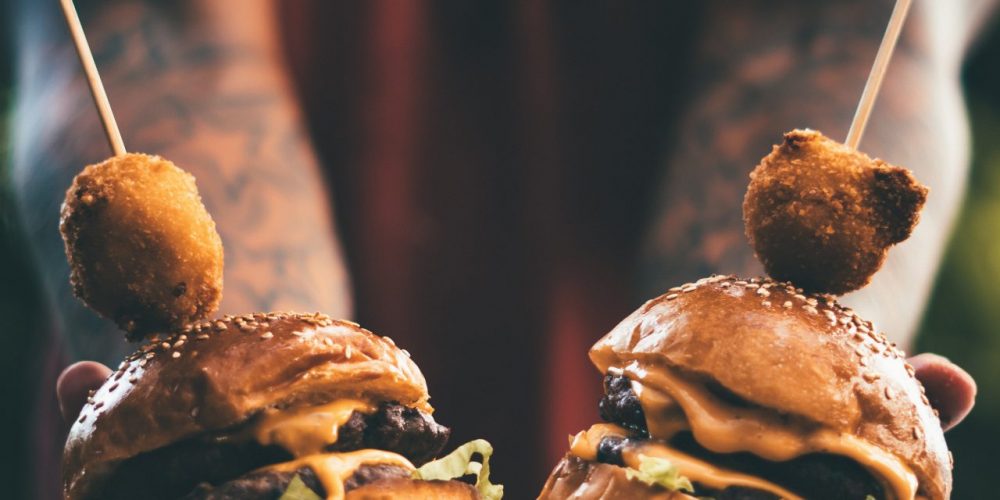Glaucoma is defined as a group of eye diseases characterized by damage to the optic nerve usually due to excessively high intraocular pressure (IOP). This increased pressure within the eye, if untreated, can lead to optic nerve damage resulting in progressive, permanent vision loss, starting with unnoticeable blind spots at the edges of the field of vision, progressing to tunnel vision, and then to blindness.
There are no symptoms in the early stage of glaucoma. This disease is often called “the sneak thief of sight.” Often, by the time the patient notices vision loss, glaucoma can only be halted, not reversed.
Glaucoma can be treated, but it is not curable. The damage to the optic nerve from glaucoma cannot be reversed. However, lowering the pressure in the eye can help prevent further damage to the optic nerve and further peripheral vision loss. The treatment for glaucoma depends upon the nature and severity of each case. Eye drops, pills, laser procedures, and surgical operations are used to prevent or slow further damage from occurring.
Certain foods can make your glaucoma worse, often by increasing the IOP in your eyes. The following foods should be avoided when possible:
Trans Fatty Acids: Foods that contain partially hydrogenated oils, such as fried foods like French fries and donuts and baked goods like cakes, should be avoided. These foods can lead to higher cholesterol levels and blood vessel damage, which can potentially damage the optic nerve and worsen glaucoma.
Saturated Fats: This includes foods such as red meats, beef, lard and oils. Foods that are high in saturated fat can lead to weight gain which can cause other eye conditions that can exacerbate glaucoma.
Simple Carbohydrates: This includes bread, potatoes, rice, baked goods, pasta and cereal. These foods can elevate your insulin level which in turn raises your IOP and blood pressure. This all can worsen glaucoma.
Coffee: Caffeinated coffee can raise your IOP and make glaucoma worse.
Food Allergens: Common allergens include wheat, dairy, soy and corn. Food allergies can be a trigger and increase the risk for glaucoma. If you suffer from food allergies, be sure to avoid foods that cause a reaction.
If you have glaucoma, it’s important to take any steps necessary to help keep your eye pressure low. This includes avoiding any foods that might increase your IOP. To learn more, visit website or contact Eye Institute of South Jersey, P.C. by calling 856-205-1100.

